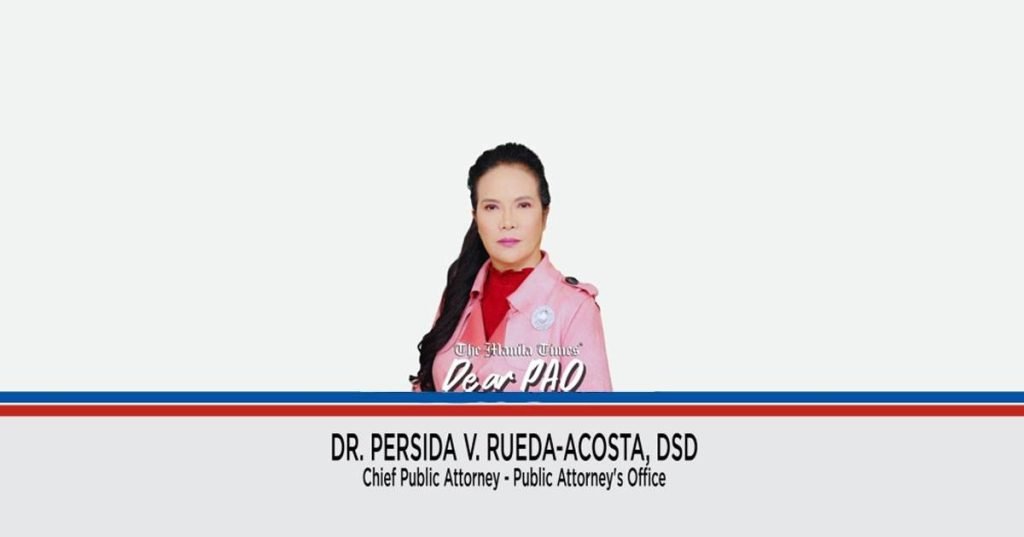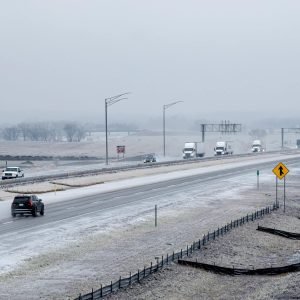
Dear PAO,
My son was hit by a car, and he was admitted to a hospital because of the serious injuries he sustained. A corresponding criminal case was filed against the car driver. Unfortunately, the accused was acquitted. The court found that the accused did not commit the offense charged. A friend convinced me to file another case; a civil case for payment of the damages sustained by my son. I contacted the driver and registered owner of the car, but they claimed that the dismissal of the criminal case includes the civil case arising from the said offense. Can I still file a claim for compensation for the damages sustained by my son?
Lucas
Dear Lucas,
In general, a person who committed a crime may both be criminally and civilly liable. This is in accordance with Article 100 of the Revised Penal Code of the Philippines, as amended, which provides that: “Every person criminally liable for a felony is also civilly liable.”
Correlative thereto, Section 1 (a), Rule 111, of the 2000 Revised Rules of Criminal Procedure, also provides that:
“When a criminal action is instituted, the civil action for the recovery of civil liability arising from the offense charged shall be deemed instituted with the criminal action unless the offended party waives the civil action, reserves the right to institute it separately or institutes the civil action prior to the criminal action. xxx”
Hence, as a rule, the civil aspect of a case is deemed instituted together with the criminal case, unless the complaint expressly reserves his or her right to file a separate civil case.
But this rule is not absolute. There are cases called independent civil actions that are separate from criminal actions and may proceed independently. Section 3, Rule 111, Id., which provides that, “an independent civil action entirely separate and distinct from the criminal action, may be brought by the injured party during the pendency of the criminal case, provided the right is reserved as required in the preceding section. Such civil action shall proceed independently of the criminal prosecution, and shall require only a preponderance of evidence.” Independent civil actions arise from Articles 31, 32, 33, 34 and 2176 of the New Civil Code of the Philippines.
The independent civil action based from the given set of facts in your letter may fall under Article 2176 (quasi delict), in relation to Article 2180 of the New Civil Code of the Philippines, which reads:
“Article 2176. Whoever by act or omission causes damage to another, there being fault or negligence, is obliged to pay for the damage done. Such fault or negligence, if there is no pre-existing contractual relation between the parties, is called a quasi-delict and is governed by the provisions of this Chapter.”
“Article 2180. The obligation imposed by article 2176 is demandable not only for one’s own acts or omissions, but also for those of persons for whom one is responsible. xxx
“Employers shall be liable for the damages caused by their employees and household helpers acting within the scope of their assigned tasks, even though the former are not engaged in any business or industry.”
Thus, the driver or registered owner’s statement that the dismissal of the criminal action bars a civil action to recover damages is not correct. Considering that the civil action you intend to file is an independent civil action based on 2176 of the New Civil Code of the Philippines, you file and prosecute it independently. It is not affected by the dismissal of the criminal case you filed. As declared by the Supreme Court in Fegarido and Milan v. Alcantara, et. al., GR 240066, June 13, 2022, written by Associate Justice Marvic M. V. F. Leonen:
“[A] separate civil action lies against the offender in a criminal act, whether or not he is criminally prosecuted and found guilty or acquitted, provided that the offended party is not allowed, if he is actually charged also criminally, to recover damages on both scores, and would be entitled in such eventuality only to the bigger award of the two, assuming the awards made in the two cases vary. In other words, the extinction of civil liability referred to in Par. ( e) of Section 3, Rule 111, refers exclusively to civil liability founded on Article 100 of the Revised Penal Code, whereas the civil liability for the same act considered as a quasi-delict only and not as a crime is not extinguished even by a declaration in the criminal case that the criminal act charged has not happened or has not been committed by the accused.” (Emphasis supplied, citations omitted)
We hope that we were able to answer your queries. Please be reminded that this advice is based solely on the facts you have narrated and our appreciation of the same. Our opinion may vary when other facts are changed or elaborated.
Editor’s note: Dear PAO is a daily column of the Public Attorney’s Office. Questions for Chief Acosta may be sent to [email protected]







